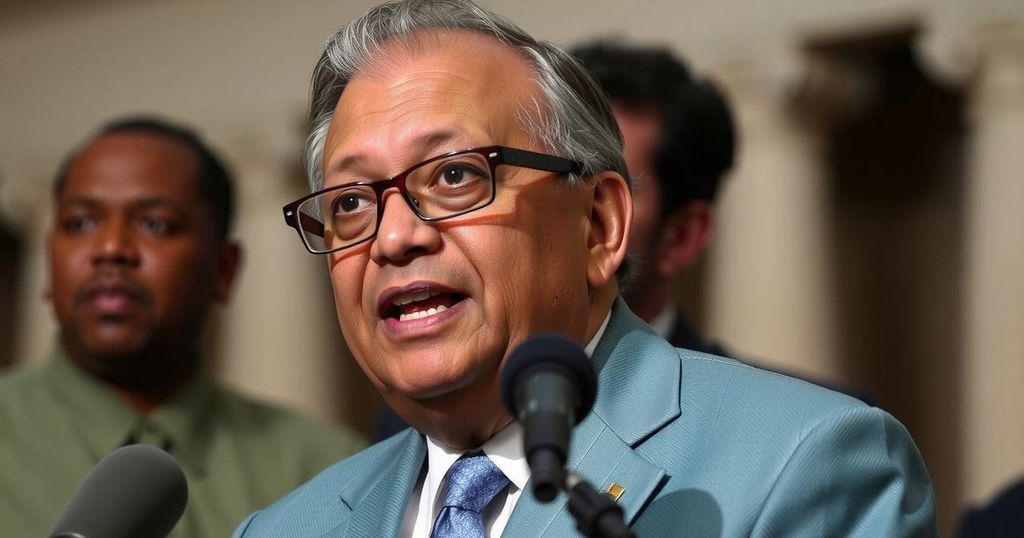Togo has postponed its first senatorial elections to February 15 to allow political parties more time to prepare. Campaigning will start on January 30. The vote is critical for advancing a controversial new constitution that the opposition claims consolidates presidential power. Opposition parties, including the ANC, have announced their intention to boycott the elections.
Togo has postponed its inaugural senatorial elections to February 15, as stated in a presidential decree released on Friday. The decision aims to provide political parties additional time to prepare and secure candidates, with the campaigning period commencing on January 30. This election represents a significant step in the implementation of a new constitution that has faced substantial opposition from various civil society groups and political parties. Notably, the National Alliance for Change (ANC) has expressed its intention to boycott the elections, labeling the current political developments as a “constitutional coup d’état.” The Senate, established in 2002 but never convened, will consist of 61 members, with 41 senators being elected by local councillors and the remainder appointed by the Council of Ministers’ president. The new constitution, which shifts from direct presidential elections to a parliamentary system, has been criticized as a mechanism for President Faure Gnassingbé to maintain power indefinitely, as he leads the ruling UNIR party, which prevailed in the recent legislative elections. Gnassingbé has been in power since 2005, taking over from his father who governed for nearly four decades.
The delay in Togo’s senatorial elections is a pivotal moment in the nation’s political landscape, reflecting the ongoing tensions between the ruling government and opposition parties. The establishment of the Senate is a direct outcome of constitutional changes made in 2002, yet the body has remained inactive until now. The new constitution’s shift in governance structure has raised concerns among the opposition about the potential for extended presidential authority. Additionally, President Faure Gnassingbé’s long tenure, coupled with the ruling party’s dominance in the recent elections, has further intensified skepticism regarding the integrity of the electoral process.
In summary, Togo’s senate elections, now scheduled for February 15, are a crucial component of the country’s constitutional evolution amidst significant opposition challenges. With campaign activities beginning January 30 and criticism from key political factions like the ANC, the political climate remains volatile. The outcome of these elections will undoubtedly impact Togo’s governance and the future balance of power within its political system.
Original Source: www.barrons.com






